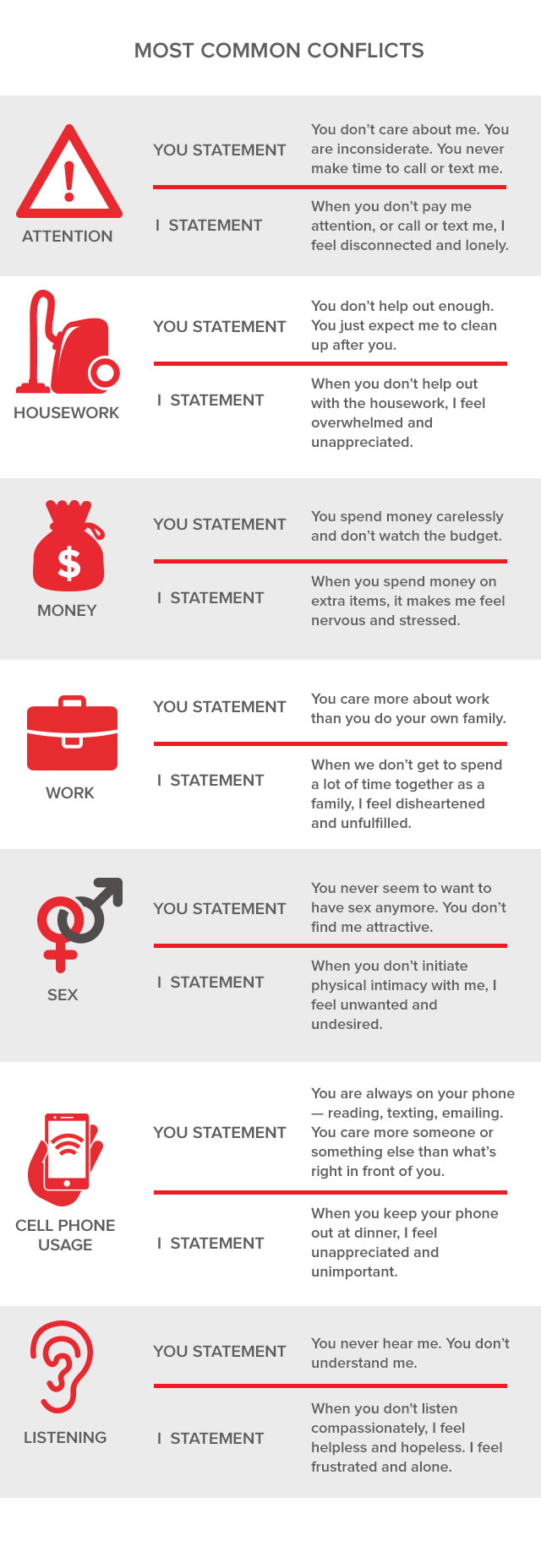Spirit of Light
Be who ever you want
The difference in
What is the meaning of this life?

And
What is the meaning of this life?

Just by changing the way we look at life, the life will change around us
Stay positive
What is the meaning of this life?

And
What is the meaning of this life?
Just by changing the way we look at life, the life will change around us
Stay positive

